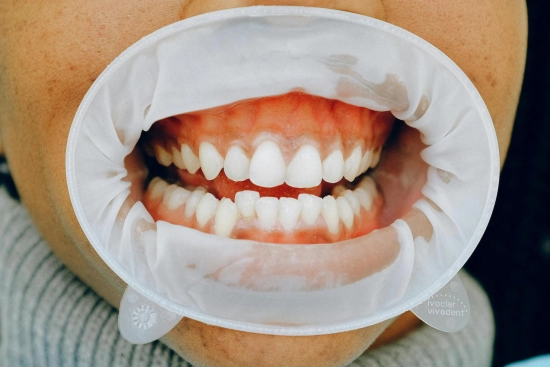How many days does the wisdom tooth extraction hurt?

Wisdom tooth extraction is a common dental procedure that often causes concern, mainly because of the possible, imminent pain that follows. But how many days does the pain from wisdom tooth extraction last? Its duration can vary. The difficulty of the extraction, the condition of the wisdom tooth and the individual body's reaction to healing are all factors that play an important role in how many days the wisdom tooth extraction will hurt. Usually, the pain after a wisdom tooth extraction does not last long, with the intensity gradually decreasing.
Course and stages of pain
First 24-48 hours: The peak of pain and swelling
The first two days after a wisdom tooth extraction are difficult, as the area where the extraction was performed is still very sensitive. It is normal to feel pain, swelling, and maybe some bleeding. These reactions are part of the normal healing process. Giving analgesic-anti-inflammatory medications routinely for the first few days after the extraction, regardless of the presence of pain, helps greatly in reducing possible pain or swelling. It is very likely that your dentist will prescribe you painkillers and antibiotics in addition to painkillers, if necessary, to prevent infections. These in turn also help with the pain and swelling.
During these first few days, it is advisable to avoid hard foods and prefer soft, cold foods such as yoghurt and ice cream. Also, ice packs in the first 24 hours can go a long way in reducing the appearance of swelling and pain.
Day 3-5: Gradual reduction of pain
After the first 48 hours, if there is pain, it usually starts to subside, and inflammation decreases. If there is swelling, then this may persist for a few more days, but after the second or third 24 hours it reduces significantly. However, it is normal to still have some tenderness in the area, especially when chewing food or blinking.
If the extraction was complicated, as is the case with impacted wisdom teeth (i.e. when the teeth are "trapped" inside the bone or gums), it may take some extra time for the pain/swelling to decrease. However, the progression of recovery should be steady, with noticeable improvement daily.
Day 6-7: Significant improvement
By day 6 or 7, the pain should be significantly reduced and limited to little discomfort or tenderness. The swelling should also have almost disappeared, and you should be able to return to most daily activities. Full healing of the gum may take a few weeks, but the greatest improvement in pain and discomfort is usually seen by the end of the first week.
Possible complications
Although in most cases the pain resolves naturally, there are some conditions that may require further medical attention. If you notice the following symptoms, contact your dentist:
- Persistent pain after day 7: If the pain remains severe and does not decrease over the days, there may be a complication, such as inflammation or infection.
- Dry socket: This occurs when the blood clot that forms in the extraction area does not stay in place, leaving the bone and nerves exposed. It usually occurs 2-3 days after the extraction and causes very severe, sudden pain that can spread to the ear or temporal region. It is also common to have bad breath or an unpleasant taste in the mouth. Smoking is often blamed for its occurrence. Dry mouth requires immediate medical intervention.
- Swelling that won't go away: If the swelling remains severe after the first 48 hours or increases, it may indicate an infection. In this case, you may need additional antibiotics or other treatment from your dentist.
How to manage pain after wisdom tooth extraction
Proper post-extraction care is critical for faster recovery and reduced pain. Some helpful tips include:
- Medications: Follow your dentist's instructions for taking pain medication. Follow your dentist's instructions and follow your dental hygienist's instructions. Steroids, such as anti-inflammatory drugs, help prevent pain, reduce pain, reduce inflammation, and reduce pain
- Avoiding irritation: Don't smoke and avoid using a straw, as the tension can remove the blood clot that protects the extraction site.
- Diet: eat soft and cold foods in the first few days to avoid irritating the area. Avoid hard, spicy or hot foods that may cause discomfort.
- Oral hygiene: You can start gentle oral hygiene the next day, avoiding the immediate area of extraction. Use a mouthwash to keep the area clean.
How many days does wisdom tooth extraction eventually hurt? Wisdom tooth extraction is a procedure that is often accompanied by pain and discomfort, however the pain usually lasts from 3 to 7 days. With proper care and following your dentist's instructions, you can reduce the pain and speed up the healing process. If you follow your dentist's instructions faithfully, you will most likely experience neither pain nor swelling. However, if you notice persistent or increasing pain, it is important to contact your dentist immediately to ensure there are no complications.




